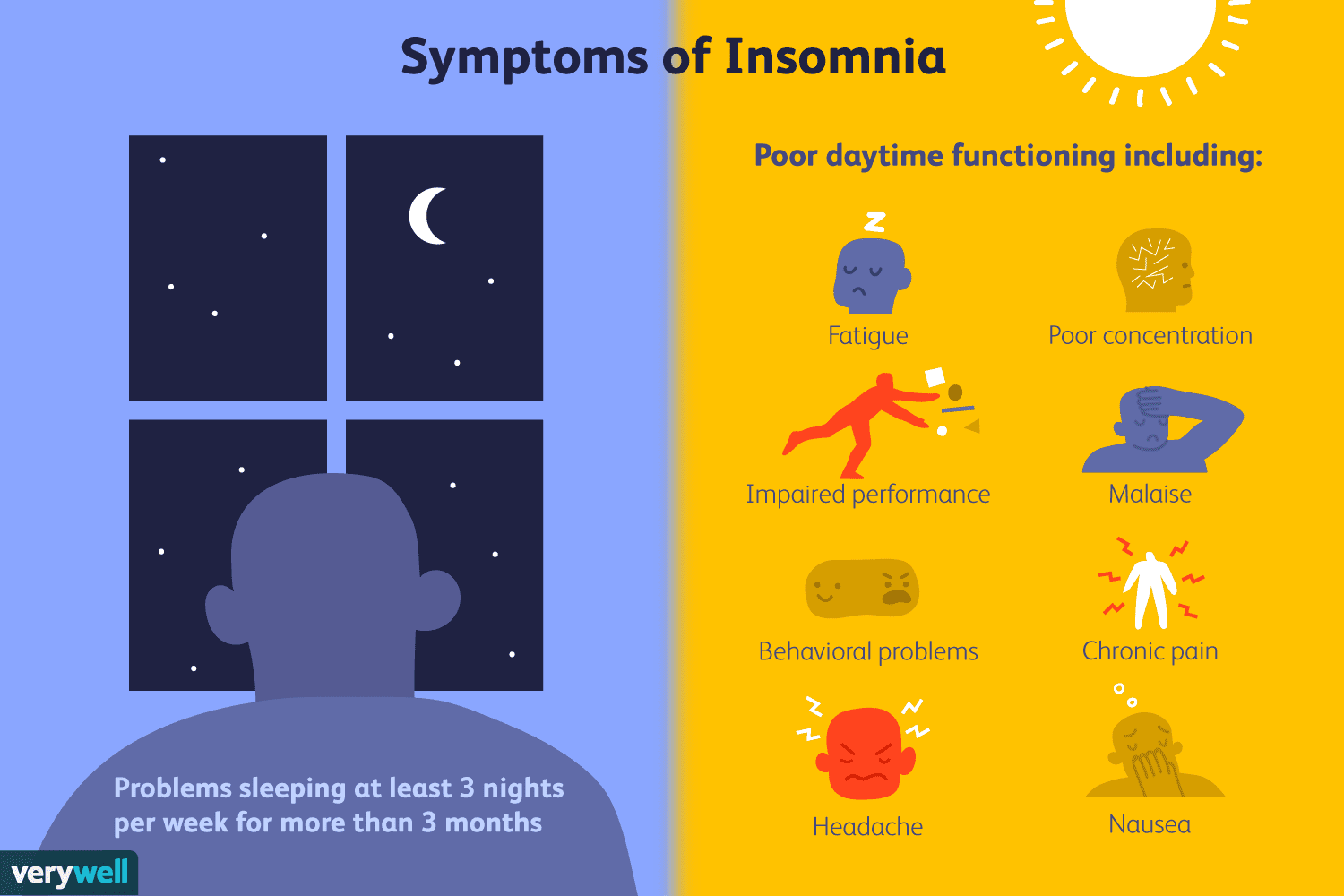Improve Insomnia: Understanding What Causes Sleepless Nights
To improve insomnia, it’s essential to first identify the reasons behind it. Insomnia is more than just an occasional sleepless night; it’s an ongoing struggle that can significantly affect your health and well-being. Here are some common causes of insomnia:
- Stress and Anxiety: Overthinking, stress, and worry can disrupt your sleep and make it hard to relax.
- Unhealthy Sleep Habits: Poor sleep routines, irregular bedtimes, and excessive screen time at night can all interfere with your body’s natural sleep cycle.
- Environmental Factors: A noisy, uncomfortable, or brightly lit sleeping environment can prevent you from falling asleep or staying asleep throughout the night.
Understanding the causes of insomnia is the first step toward improving it. By making targeted changes to your lifestyle and environment, you can start to regain control of your sleep.
Improve Insomnia: The Hidden Dangers of Poor Sleep
When insomnia becomes chronic, it’s not just about feeling tired the next day. Ongoing sleep issues can have a serious impact on both your physical and mental health:
- Weakened Immune System: Consistent lack of sleep can lower your body’s ability to fight off infections, leaving you more vulnerable to illness.
- Mental Health Challenges: Anxiety, depression, and irritability are common companions of insomnia, often making it harder to manage daily stressors.
- Cognitive Decline: Insomnia can impair memory, focus, and decision-making, ultimately affecting your productivity and overall quality of life.
Therefore, improving insomnia is not just about getting more sleep—it’s about protecting your health, mood, and mental clarity.

Improve Insomnia: 5 Proven Strategies to Sleep Better
1. Establish a Consistent Sleep Schedule
- To improve insomnia, one of the most important things you can do is create a regular sleep routine. Go to bed and wake up at the same time every day, even on weekends. This consistency helps regulate your body’s natural sleep-wake cycle.
2. Create a Sleep-Inducing Environment
- A quiet, dark, and cool environment is essential for quality sleep. Consider using blackout curtains, earplugs, or a white noise machine if necessary. A comfortable mattress and pillow are also key to improving your sleep.
3. Avoid Stimulants Before Bed
- Avoid caffeine, alcohol, and nicotine in the evening, as these substances can disrupt your sleep cycle and make it more difficult for you to fall asleep.
4. Practice Relaxation Techniques
- Meditation, deep breathing exercises, or progressive muscle relaxation can all help reduce stress and promote a calm mind before bedtime. These techniques are proven to improve insomnia and help you get better rest.
5. Seek Professional Help
- If your insomnia persists despite these changes, consulting with a healthcare provider may be necessary. Cognitive Behavioral Therapy for Insomnia (CBT-I) has shown great success in helping individuals overcome achieve more restful sleep.
Take Action Today for Better Sleep
Improving insomnia doesn’t have to be an overwhelming task. With the right strategies, you can regain control of your sleep patterns and improve your overall health. Start with small changes, like establishing a sleep routine and optimizing your bedroom for rest, and gradually build habits that support better sleep.
If you’re wondering, “How can I improve it ?”, take action now. Try these proven tips, and enjoy the benefits of deeper, more refreshing sleep. Say goodbye to sleepless nights and hello to a more energized, healthier you.
More information: HERE











